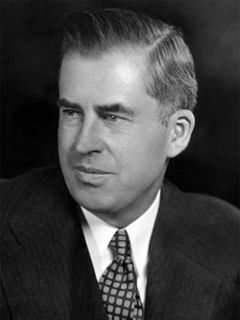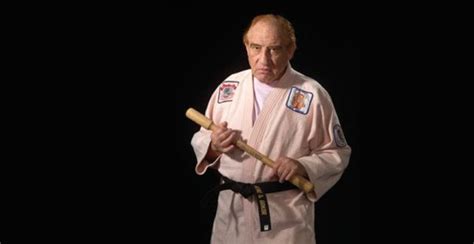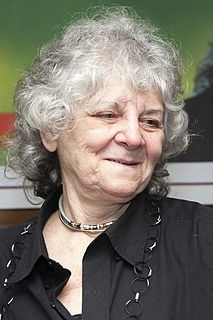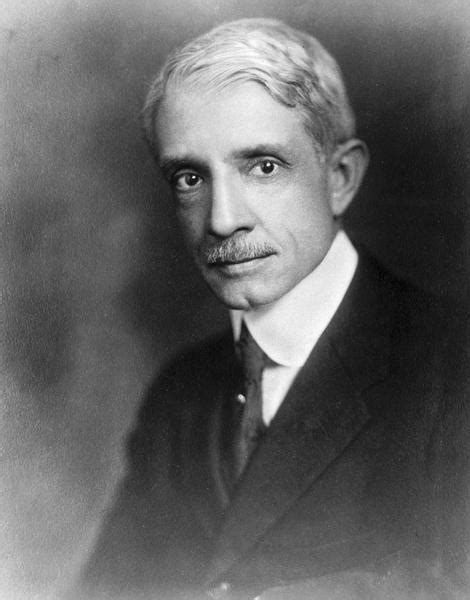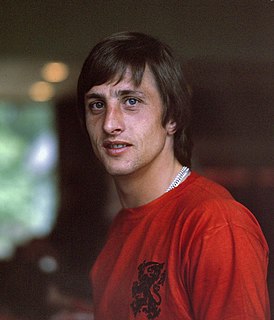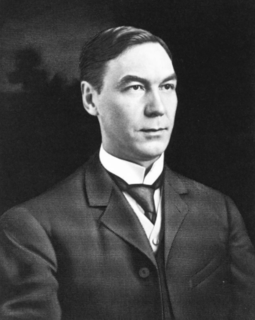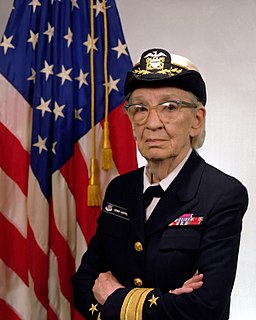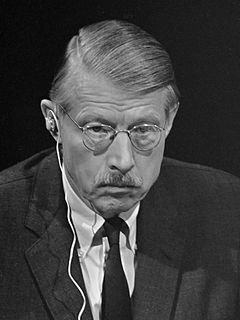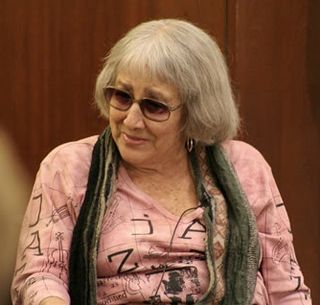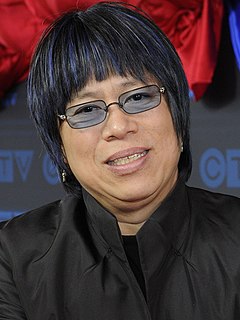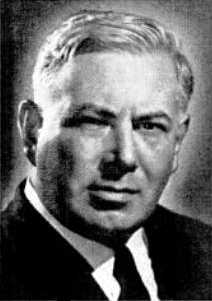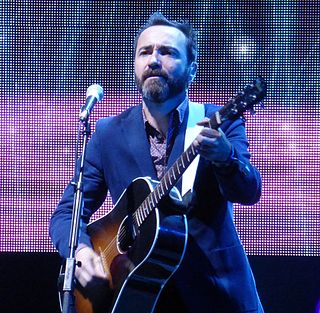Top 1200 Practical Knowledge Quotes & Sayings
Explore popular Practical Knowledge quotes.
Last updated on April 15, 2025.
Knowledge is a burden if it robs you of innocence. Knowledge is a burden if it is not integrated into life. Knowledge is a burden if it doesn't bring joy. Knowledge is a burden if it gives you an idea that you are wise. Knowledge is a burden if it doesn't set you free. Knowledge is a burden if it makes you feel you are special.
Does being practical mean we prop up a legal system that's unfair, that bears its weight down on black men and black women, and by extension if you are Hispanic or indigenous or poor? Does being practical mean you don't say to the American people you deserve better than you're getting? That's not the practical we want.
Phronimos, possessing practical wisdom . But the only virtue special to a ruler is practical wisdom; all the others must be possessed, so it seems, both by rulers and ruled. The virtue of a person being ruled is not practical wisdom but correct opinion; he is rather like a person who makes the pipes, while the ruler is the one who can play them.
A knowledge of our ability to consciously radiate health, strength, and harmony will bring us into a realization that there is nothing to fear because we are in touch with Infinite Strength. This knowledge can be gained only by making a practical application of this information. We learn by doing-through practice the athlete becomes powerful.
While the dogmatist is harmful, the sceptic is useless ...; one is certain of knowing, the other of not knowing. What philosophy should dissipate is certainty, whether of knowledge or of ignorance. Knowledge is not so precise a concept as is commonly thought. Instead of saying 'I know this', we ought to say 'I more or less know something more or less like this'. ... Knowledge in practical affairs has not the certainty or the precision of arithmetic.
It will not do merely to listen to great principles. You must apply them in the practical field, turn them into constant practice. What will be the good of cramming the high - sounding dicta of the scriptures? You have first to grasp the teachings of the Shastras, and then to work them out in practical life. Do you understand? This is called practical religion.
When speaking of a "body of knowledge" or of "the results of research," e.g., we tacitly assign the same cognitive status to inherited knowledge and to independently acquired knowledge. To counteract this tendency a special effort is required to transform inherited knowledge into genuine knowledge by revitalizing its original discovery, and to discriminate between the genuine and the spurious elements of what claims to be inherited knowledge.
Not many appreciate the ultimate power and potential usefulness of basic knowledge accumulated by obscure, unseen investigators who, in a lifetime of intensive study, may never see any practical use for their findings but who go on seeking answers to the unknown without thought of financial or practical gain.
Opportunism towards knowledge is a utilitarian demand that knowledge must be immediately practical. Just like with sociology where we hope its purpose is to serve society, however, the true purpose of sociology lies in its impracticality. It cannot become practical or else it loses its meaning. Perhaps we should learn a different kind of knowledge: the knowledge to question knowledge.
The life and soul of science is its practical application, and just as the great advances in mathematics have been made through the desire of discovering the solution of problems which were of a highly practical kind in mathematical science, so in physical science many of the greatest advances that have been made from the beginning of the world to the present time have been made in the earnest desire to turn the knowledge of the properties of matter to some purpose useful to mankind.








